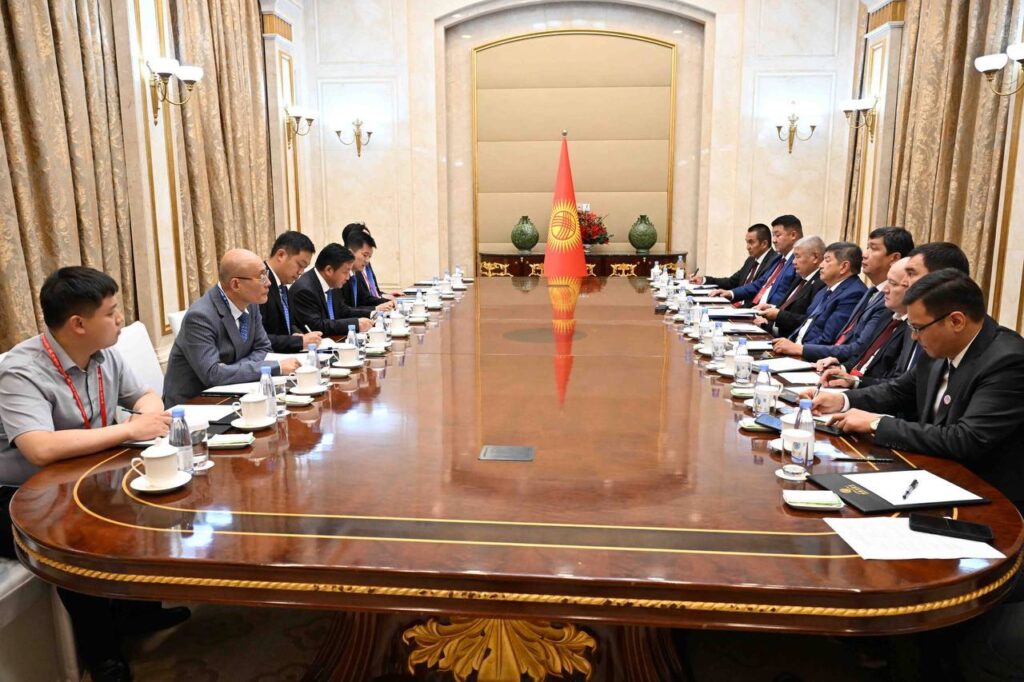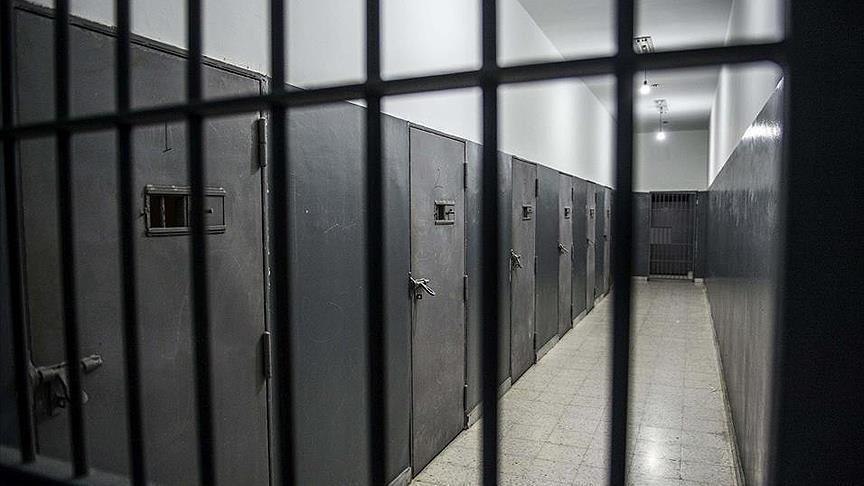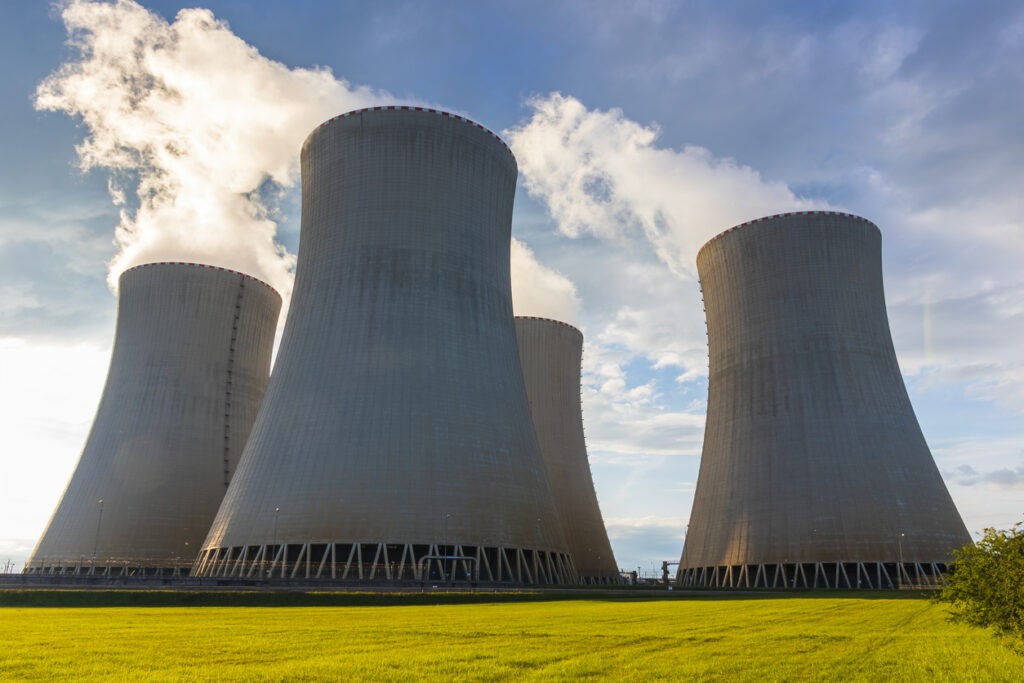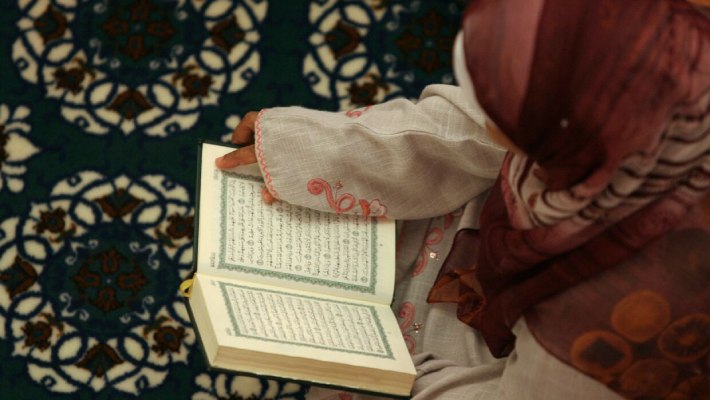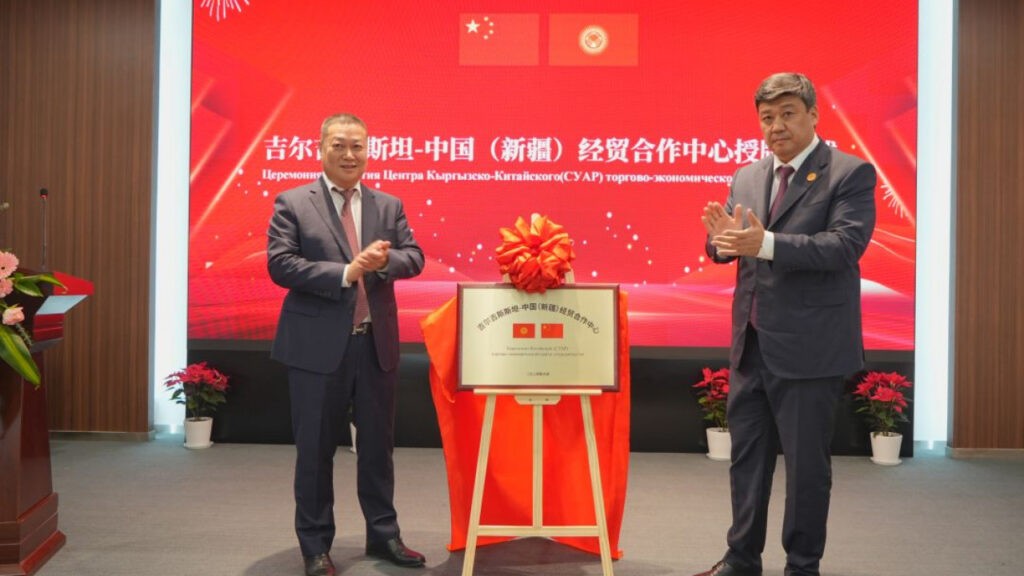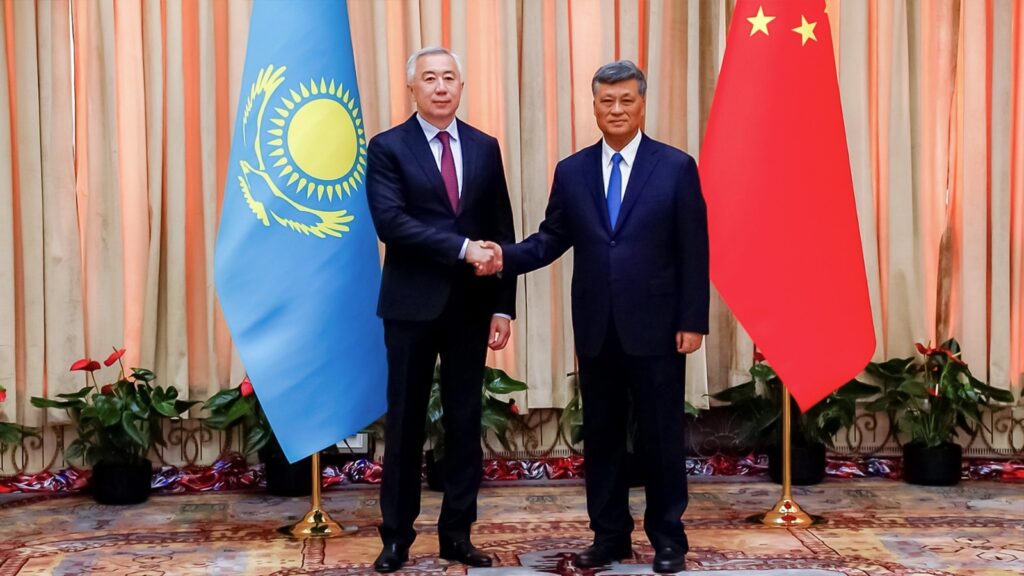Kyrgyzstan to Construct Solar Plant with Chinese Partners
The Kyrgyz government’s press service is reporting that Akylbek Zhaparov, the country’s prime minister, met with the vice-chairman of China National Nuclear Corporation (CNNC), Lu Tezhong, and the president of Transformer Industrial Group Company Limited (TBEA), Zhang Xin, during his working trip to Urumqi, the capital of China’s Xinjiang Uygur Autonomous Region.
At the meeting, Zhaparov and Tezhong discussed issues in the energy sphere, particularly the construction of solar power plants, and the prospects for projects in other sectors of the economy.
As a result of the meeting, Fortis KG LLP, Kyrgyzstan’s national electricity network, and the cabinet of ministers’ Green Energy Fund signed an investment project to construct a 400-megawatt solar power plant at the Kara-Talaa site in the Issyk-Kul region.
Zhaparov and Zhang Xin discussed the modernization of the Bishkek CHPP, the construction of the Datka-Kemin high-voltage transmission line and substation, and projects to improve the power grids of the southern regions of Kyrgyzstan.
Zhaparov emphasized the importance of the projects implemented by TBEA for the country, and invited the company to participate in developing renewable energy projects in Kyrgyzstan. One of the areas of cooperation is the introduction of technologies for charging electric vehicles and installing relevant services and devices.


